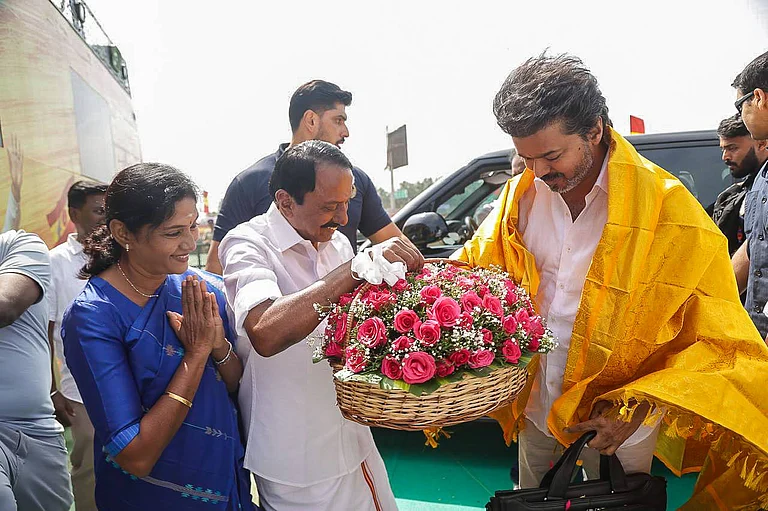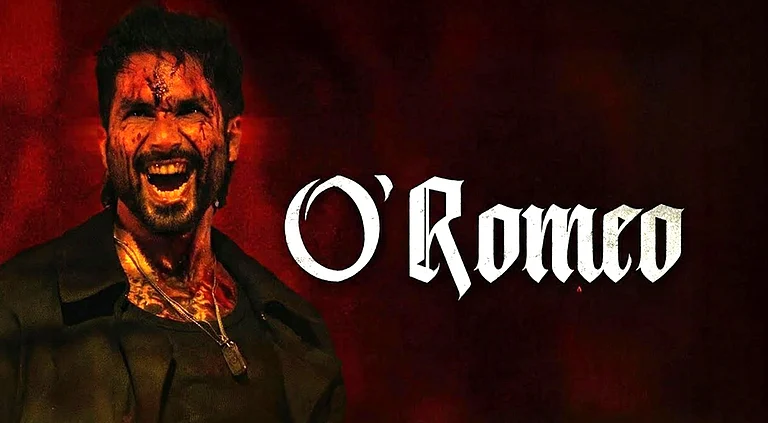In the aftermath of the Morbi suspension bridge collapse that resulted in the loss of 135 lives, the Gujarat High Court has taken a distinctive approach by instructing the Oreva Group, the entity responsible for the ill-fated bridge's operation and maintenance, to extend a lifetime pension to elderly parents who lost their sons and jobs. The court also recommended stipends for widows, acknowledging the inadequacy of one-time compensation in addressing the enduring impact of the tragedy, as reported by PTI.
During the hearing of a suo motu Public Interest Litigation (PIL) on the incident that occurred on October 30, 2022, the division bench of Chief Justice Sunil Agarwal and Justice Aniruddha Mayee emphasized the need for sustained support, especially for elderly males who were dependent on the earnings of their deceased sons.
The court expressed skepticism about the company's claim of taking care of orphans and widows and urged it to consider the plight of elderly men who lost their sons. Chief Justice Agarwal stated, "One-time compensation is not going to help you. Please keep it in mind. This is a scar for life. One-time compensation may not be in a position to help them...There has to be some recurring expenditure by the company."
In a significant move, the High Court suggested the creation of a trust for the disbursal of compensation, citing the impracticality of the court monitoring the process for an extended period. The government was also called upon to propose ways to meet the needs of the victims' kin.
To assess the prevailing conditions and the status of the victims' kin, the HC directed the Morbi collector to collaborate with the company and submit a detailed report. Addressing concerns about the company's interaction with the victims, the court instructed the company to approach them through the collector.
Furthermore, the court dismissed the company's complaint about delays in the regular bail plea hearing of its CEO and managing director Jaysukh Patel, asserting that the term "plight" should be reserved for those who have suffered due to the company's actions, as outlined in the special investigation team (SIT) report.
The government provided insights into the condition of major bridges in the state, with the Chief Justice recommending the involvement of conservation architects in repairing old bridges with heritage value.


























